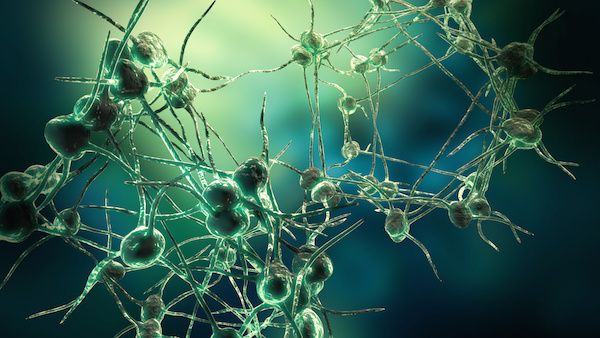
WEDNESDAY, July 18 (HealthDay News) — Past research has suggested that a glass or two of wine — or another form of alcohol — each evening may lower your risk of dementia in old age. But two new studies challenge that theory by suggesting that you might actually harm your brain by changing your drinking habits in later life — or drinking heavily.
The studies aren’t conclusive, and it’s possible that alcohol consumption wasn’t a cause of the mental problems but instead a sign that they exist: People who begin to have trouble thinking and remembering clearly may simply be more likely to drink, the study authors said.
Still, the findings raise questions about the existing assumption that a bit of alcohol is good for the aging mind.
“It might be important for physicians to keep in mind not only what might be considered troublesome drinking in patients — typically alcohol abuse — but also what a patient’s past use may have been,” said Tina Hoang, a research associate at the Northern California Institute for Research and Education in San Francisco and lead author of one of the new studies.
Hoang and her colleagues looked at approximately 1,300 women who took part in a larger study and were tracked for about 20 years from the time they were at least 65. The women answered questions over the two decades about their alcohol use, and they underwent mental testing when they were about 88 years old to see if they’d developed problems with thinking and memory.
At the start of the study, 41 percent of the women were nondrinkers, 50 percent were light drinkers (up to seven drinks a week), and 9 percent were moderate drinkers (seven to 14 drinks a week). Heavy drinkers (14 or more drinks a week) were excluded.
At the end of the study period, the researchers found that:
- Women who said they drank more in the past than at the start of the study were at 30 percent increased risk of developing mental impairment.
- Moderate drinkers were approximately 60 percent more likely to develop mental problems near the end of the study.
- Nondrinkers who became drinkers during the study had a 200 percent heightened risk of diminished mental skills.
Hoang noted, however, that the study’s design didn’t allow the researchers to specifically determine the levels of risk based on the women’s drinking habits.
The other study, led by researcher Dr. Iain Lang at the Peninsula College of Medicine and Dentistry in the United Kingdom, found in a review of nearly 5,100 adults aged 65 or older that those most likely to binge drink were more likely to experience a decline in their mental function.
Those who said they drank heavily at least once a month were 62 percent more likely to experience the biggest decline in mental skills, and 27 percent more likely to experience the greatest memory problems.
Hoang, the author of the first study, said future research using brain scans should provide more insight into how drinking patterns affect the brain in the long term.
Dr. Erik Skovenborg, a Danish physician and founding member of the Scandinavian Medical Alcohol Board, said it’s difficult to determine how alcohol affects the brain because it would be unethical or unpractical to assign some people to drink and then follow them over time.
Further complicating matters is the fact that “happy people with many friends have more opportunities for social drinking,” he said.
The studies were scheduled to be presented Wednesday at the Alzheimer’s Association annual meeting in Vancouver, Canada. It should be noted that research presented at meetings hasn’t been subjected to the peer-review process that studies typically undergo before they’re published in medical journals.
More information
For more about dementia, visit the U.S. National Library of Medicine.

